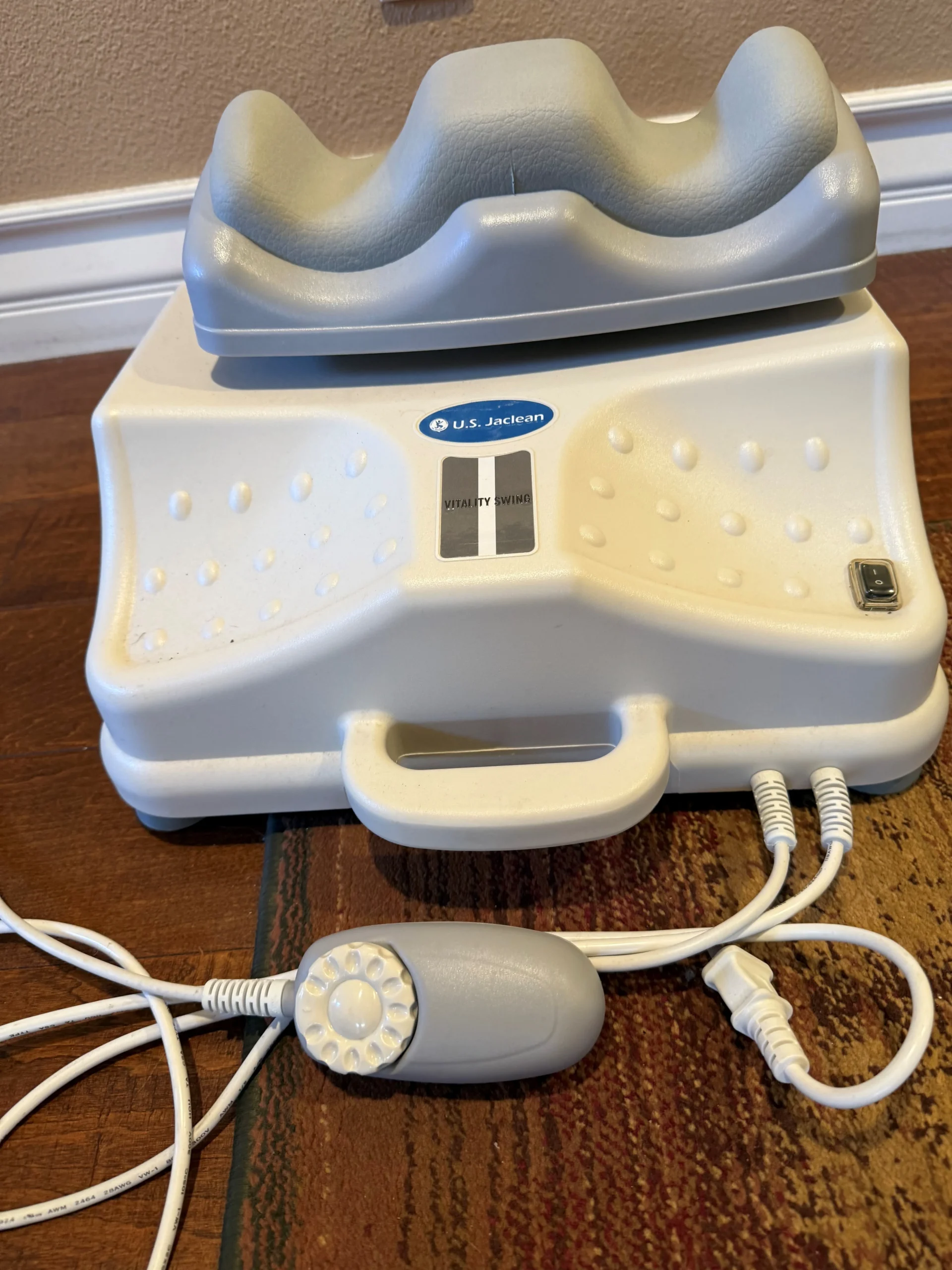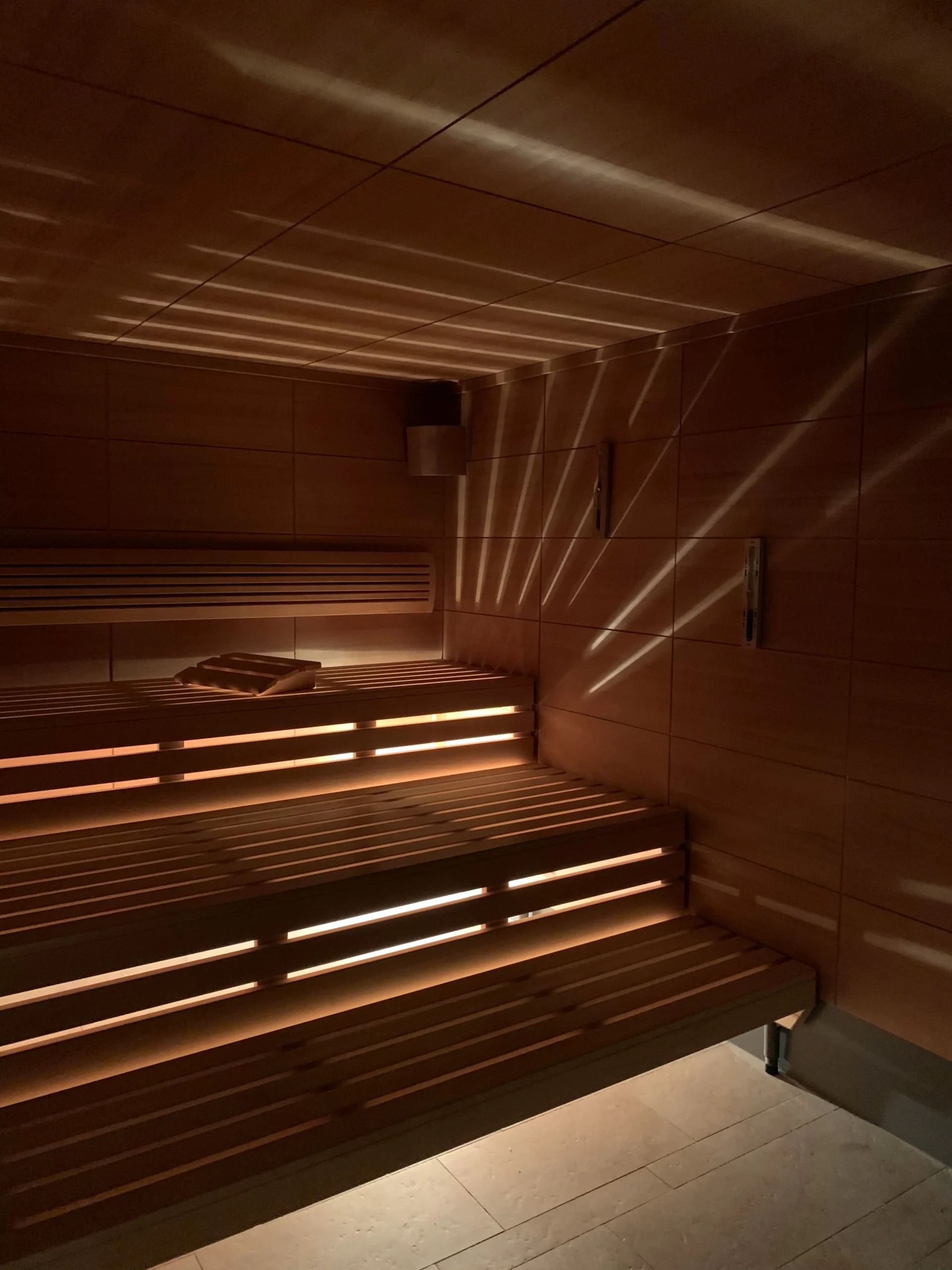When it comes to your eye health and vision, it’s actually what you’re NOT eating that can be an issue.
A powerful nutrient acts as an internal blue light filter, shielding your retina (the area that helps you see fine details) from damage caused by screens, sunlight, and environmental stressors.
It’s called Lutein,
Your body can’t produce it on its own.
So you’re entirely at the mercy of your diet.
And in today’s world where processed foods dominate, and fresh produce is often lacking, millions of people are unknowingly starving their eyes of this essential
When it comes to protecting your vision and long-term eye health, one key nutrient often flies under the radar: Lutein. Yet this powerful antioxidant plays a vital role in maintaining sharp eyesight, especially as we age.
What Is Lutein?
Lutein is a carotenoid—a type of natural pigment found in brightly colored fruits and vegetables. It’s often called the “eye vitamin” because it’s highly concentrated in the macula, the part of the retina responsible for central vision.
Unlike other nutrients, your body can’t produce lutein, so it must come from your diet or supplements. The challenge? Most people aren’t getting enough.
Why Your Eyes Need Lutein
1. Protects Against Blue Light Damage
In our screen-saturated world, our eyes are bombarded by high-energy blue light from phones, computers, and LED lights. Lutein helps filter this light, acting like internal sunglasses that shield your retina.
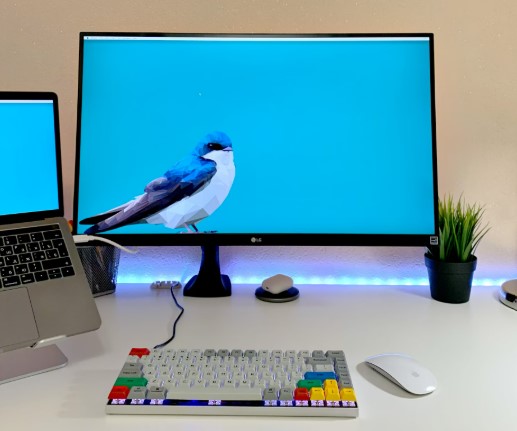
2. Reduces Risk of Age-Related Macular Degeneration (AMD)
AMD is the leading cause of vision loss in older adults. Studies show that higher levels of lutein in the retina are linked to a significantly lower risk of AMD and slower progression if already diagnosed.
3. Fights Oxidative Stress
Lutein’s antioxidant properties help neutralize free radicals, reducing inflammation and oxidative stress that can damage eye tissues over time.
4. Supports Visual Clarity and Contrast
Adequate lutein improves visual performance, helping with glare recovery and contrast sensitivity—key for driving at night or in bright sunlight.
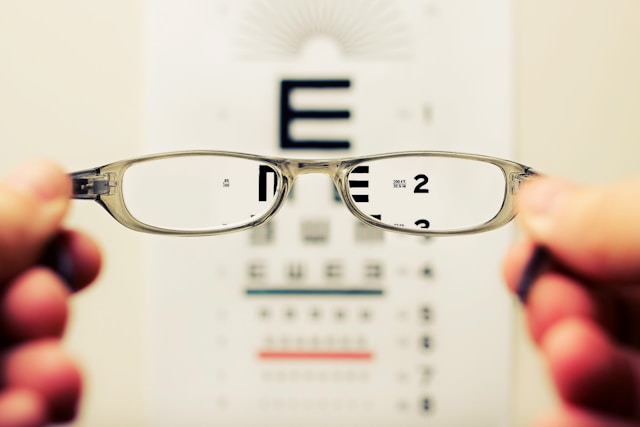
Are You Getting Enough?
Experts recommend 6–20 mg of lutein daily for optimal eye health. Yet the average intake is often less than 2 mg per day—far below what your eyes need to stay protected.
Best Food Sources of Lutein
- Leafy greens: Kale, spinach, collard greens
- Colorful veggies: Corn, peas, broccoli, red peppers
- Egg yolks: Surprisingly rich in lutein and highly bioavailable
- Avocados: Great source with healthy fats that aid absorption
To maximize benefits, pair lutein-rich foods with a small amount of healthy fat like olive oil or avocado—this boosts absorption significantly.
Should You Supplement?
If your diet is low in green vegetables or you’re at higher risk of eye disease, a lutein supplement may be a smart addition. Look for formulations that also include zeaxanthin, another carotenoid that works synergistically with lutein for macular health.
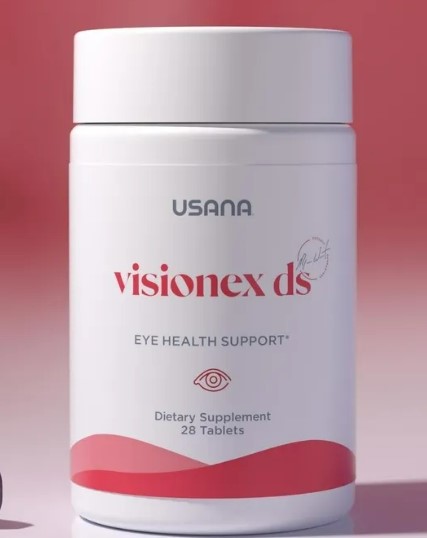
- CLICK HERE for the one I recommend
So what happens when you don’t get enough
Your vision starts to fade like an old photograph— details blur, reading becomes a struggle, and driving at night feels like a dangerous gamble.
And over time? The damage builds up, putting your independence at risk when you least expect it.
Additional Tips to Protect Your Vision
- Schedule an Eye Exam
When it comes to supporting your future eye health, it’s important to know where you stand now. An eye exam will measure visual acuity, but it can do so much more. With a comprehensive eye exam, it’s possible to detect future eye and vision problems long before they start showing more obvious symptoms.
Beyond an initial eye exam, it’s recommended that some individuals have follow-up exams more frequently too. The National Eye Institute recommends an eye exam every one to two years for:
Everyone over age 60
African Americans over age 40
Specific medical conditions that may impact eye health
- Wear Eye Protection
Just how you wear sunscreen to protect your skin from the sun, wearing sunglasses can help protect your eyes from harsh rays. Short-term, too much time in the sun can result in photokeratitis (sunburn of the eye). Enough UV exposure over time may lead to long-term eye damage.
Wearing sunglasses that block 99 to 100 percent of UVA and UVB radiation can help protect your eyes from short- and long-term damage from the sun. Contact lenses that are designed to block UV radiation are another solution. A brimmed hat will even provide additional protection for long days in the sun.
In addition to shielding your eyes against the sun’s UV radiation, it’s important to protect your eyes in dangerous situations. Appropriate eye protection should be worn during sports, construction, yard work, and any other time foreign objects may threaten your eyes.
- Stay Active and Maintain a Healthy Weight
Staying physically active and maintain a healthy weight support optimal eye health. You can find some recommendations on how to maintain a healthy weight here.
- If You Smoke, Quit Now
Smoking is dangerous for the whole body, including the eyes. Studies show smoking can harm the optic nerve and increase your risk for other eye health and vision problems.
Final Thoughts
Your eyes are working hard for you every day. Supporting them with lutein is a simple but powerful way to preserve your vision, protect against age-related damage, and maintain visual clarity for the long haul.
Your future self will thank you.



























